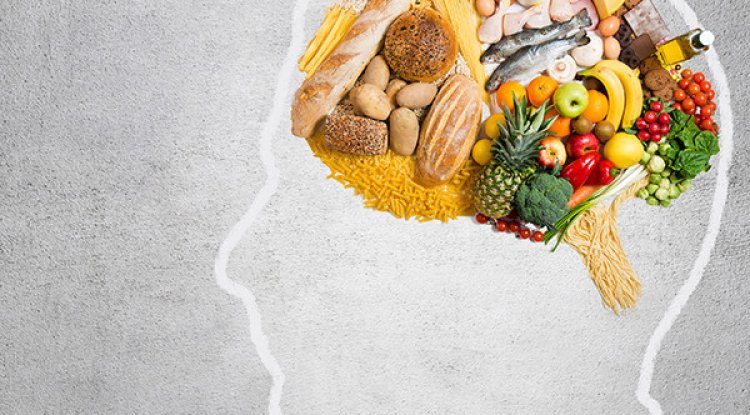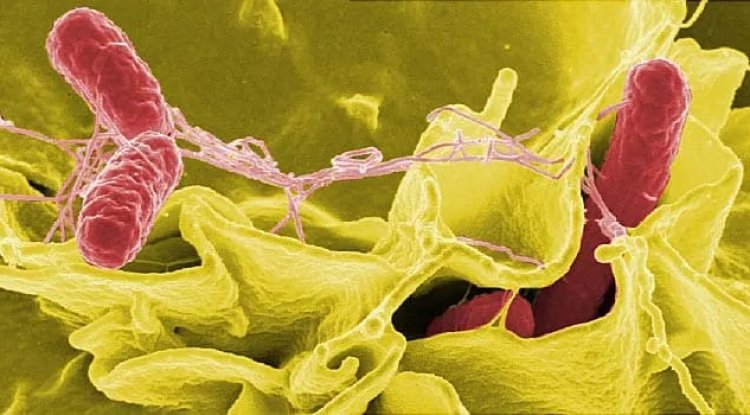Can consuming Eggs lead to heart disease? Breaking Down the Latest Research.
It's time to examine eggs again. These little gems have alternated between being superfoods and dietary villains for decades, leaving many people perplexed at the sight of their breakfast dishes. According to a new JAMA study from 2019, including more cholesterol and egg consumption, the risk of CVD and premature death has been linked to higher cholesterol levels.

Can a morning toast with an extra egg white be considered unappetizing? As with many things in the realm of nutrition, the answer is much more complex.
What the Study Actually Found.
Across three decades, the JAMA study examined how individuals eat and their health fared. Researchers reported that:
A higher risk of heart disease and death was linked to the consumption of 300 mg of cholesterol daily.
Having 3-4 eggs a week had an equivalent relationship.
Clever, right? The study was observational and could only establish a connection, not cause and effect. People who experienced egg exposure were more likely to consume them, despite not being linked to any health issues.
According to the authors, however modest the effect was. Most of the cholesterol in the participants' diets was found in meat, not eggs. The consumption of high levels of saturated fat, such as bacon, ribeye steaks, and processed foods, was linked to an increased risk of heart disease.
Putting It Into Perspective.
We can zoom in on the numbers.
A single large egg contains 180 mg of cholesterol.?

Six times more saturated fat and 140 mg cholesterol can be found in a six-ounce ribeye steak.
Eggs are only a part of the larger picture when it comes to shaping our diet. Considering my heart disease risk and love for steak and eggs, it makes sense to reduce my consumption of both. Why? But for the average person? This story has less grim implications.'
How Many Eggs Are “Safe”?
The risk associated with consuming less than three eggs per week was not evident in this study.' Those who consume mostly plant-based foods, such as beans, nuts, seeds, and whole grains, can easily substitute eggs for them as a valuable and inexpensive source of protein without significant concerns.
The Unsung Benefits of Eggs.

Beware of the fact that eggs have more than just cholesterol before you throw them away....
Vegetarians who abstain from meat must obtain vitamin B12 to maintain optimal brain function, memory, and balance.
For those living in northern climates with limited sunlight, Vitamin D is a crucial natural food source.
Choline is a vital component for brain development, particularly in pregnant women.
Fast, affordable, and versatile, protein is the best choice for those who need it quickly.
Although they are not very small, eggs offer more nutritional value than their weight.
"It's not about ego, but about balance.".
The guidelines for consuming healthy food are not altered by this study. This reminder serves as a reminder that the same principle applies to consuming more plants, less processed foods and remaining mindful of animal fats when it comes to heart health.
People who are already coping with high cholesterol or risk of cardiovascular events may consider cutting back on eggs and meat consumption. A large number of people find value in consuming eggs as they are both nutritious and convenient. It is crucial to include them in their diet.
You don't have to forego the breakfast portion of your morning omelet. Nutrition is not a focus on one evil or one good food. Why? Instead, it's about the overall structure of our diet.. Even if you only consume a few eggs, they should still be served.
To make drastic dietary changes based on a single study is like pouring all your eggs into one basket at last.
What's Your Reaction?




















